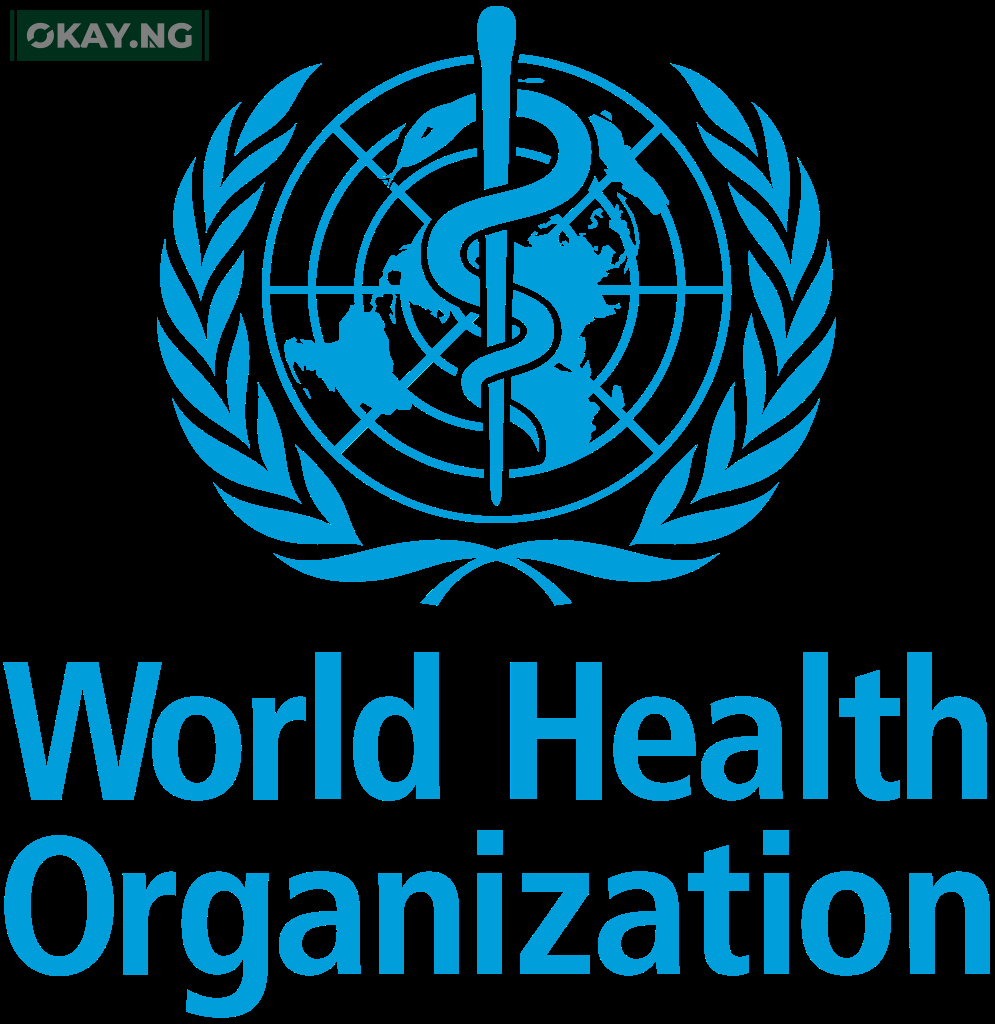The World Health Organisation (WHO) has applauded Nigeria, China, Egypt, Russia, Brazil, and Denmark for achieving notable progress in reducing deaths linked to non-communicable diseases (NCDs), highlighting global disparities and urging stronger action to save millions more lives.
According to the new WHO report titled “Saving Lives, Spending Less,” released on Thursday, the biggest reductions were seen in cardiovascular diseases and certain forms of cancer. These include stomach and colorectal cancers in both men and women, cervical and breast cancers among women, as well as lung and prostate cancers among men.
However, the health body warned that progress was uneven. While cases of cardiovascular disease and several cancers declined, pancreatic and liver cancers, alongside neurological conditions, remain a growing cause of premature deaths in many nations.
Economic Case for Stronger Investment
WHO stressed that with an additional investment of only US$3 per person annually, countries could save millions of lives while also reaping economic rewards estimated at over US$1 trillion by 2030.
“Non-communicable diseases and mental health conditions are silent killers, robbing us of lives and innovation,” said Dr. Tedros Adhanom Ghebreyesus, Director-General of the WHO. “We have the tools to save lives and reduce suffering. Countries like Denmark, South Korea, and Moldova are leading the way, while others are stalling. Investing in the fight against NCDs isn’t just smart economics—it’s an urgent necessity for thriving societies.”
okay.ng reports that NCDs—including cardiovascular diseases (heart attacks and strokes), cancers, chronic respiratory diseases (such as asthma and chronic obstructive pulmonary disease), and diabetes—are responsible for most global deaths.
Mental Health Remains a Global Burden
The report also spotlighted mental health conditions such as anxiety and depression, noting their widespread prevalence across all regions and socioeconomic groups. Alarmingly, nearly 75 percent of all deaths linked to NCDs and mental health occur in low- and middle-income nations, accounting for 32 million lives lost each year.
Dr. Devora Kestel, Director of WHO’s Department for NCDs and Mental Health, urged decisive action: “We know what works. The time to act is now. Governments that act decisively will protect and save lives, cut costs, and unlock growth. Those that delay will pay in lost lives and weaker economies.”
Global Progress and Setbacks
Between 2010 and 2019, 82 percent of countries achieved reductions in premature mortality from NCDs. Nonetheless, WHO noted that progress slowed considerably compared to the previous decade, with 60 percent of nations recording stagnation or reversals in outcomes.
The organisation attributed part of the challenge to interference from industries whose products contribute to disease. Dr. Etienne Krug, Director of WHO’s Department of Health Determinants, Promotion and Prevention, warned: “It is unacceptable that commercial interests are profiting from increasing deaths and disease. Governments must put people before profits and ensure evidence-based policy is not derailed by corporate pressure.”
Path Forward: Cost-Effective Interventions
WHO has consistently recommended its package of “Best Buys”—a suite of affordable interventions proven to save lives. These include:
Raising taxes on tobacco and alcohol
Restricting marketing of harmful products to children
Expanding cervical cancer screening
Managing hypertension at scale
At just an additional US$3 per person per year, the health agency projects that implementing these measures could prevent 28 million heart attacks and strokes, add 150 million healthy life years, and save 12 million lives globally by 2030.
Political Will at the Forefront
The Fourth United Nations General Assembly High-Level Meeting (HLM4) on NCDs and mental health, scheduled for September 25 in New York, will bring together Heads of State and Government. The meeting is expected to endorse a Political Declaration aimed at accelerating investment and global action on NCDs and mental health.
With this declaration, WHO believes nations can recommit to the 2030 targets while laying down a long-term vision that prioritises healthier, more resilient societies.







